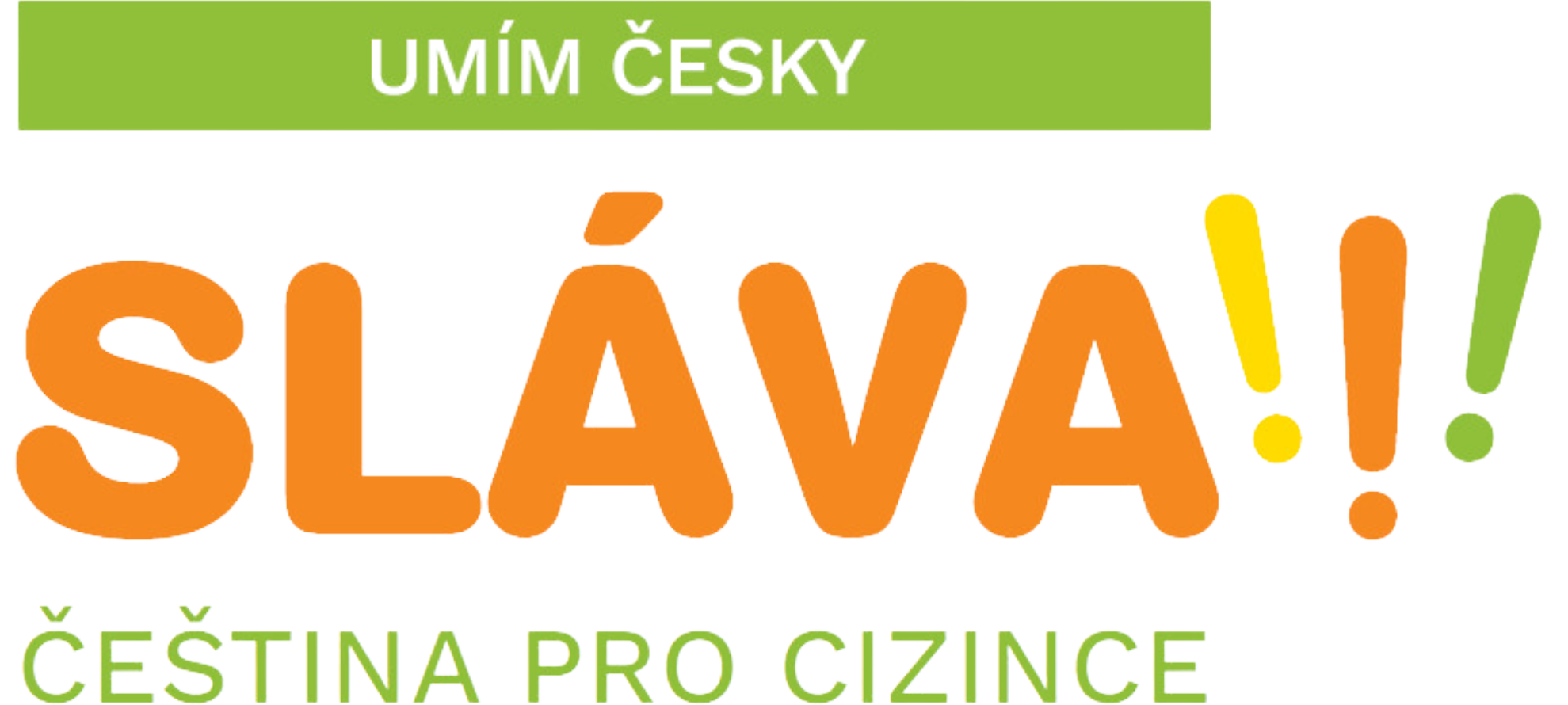
Introduction to Czech culture and customs: information about Czech traditions, holidays and etiquette
When moving to a new country, understanding the local culture and customs is key to a smooth integration into society. The Czech Republic has a rich history and a unique cultural heritage that is reflected in many aspects of everyday life. This article will give you an overview of Czech traditions, holidays and etiquette to help you better orient yourself and integrate into Czech society.
1. Czech traditions and customs
Czech culture is famous for its love of tradition, family values and community life. Here are some of the key traditions you can experience in the Czech Republic:
- Easter (Easter Monday): Easter is celebrated in a very unique way in Bohemia. The men go from house to house and symbolically "whip" women with wicker pom poms, for which they receive painted eggs or chocolate. This custom is supposed to bring health and vitality to women.
- St Nicholas Day (5 December): St Nicholas, an angel and the devil go together and visit households where there are children. The children have to say a poem or sing a song to get sweets or small presents. Naughty children are supposedly given potatoes or coal.
- Saint Wenceslas Day (28 September): the day of the Czech state patron, Saint Wenceslas, is a national holiday and is associated with Czech statehood and history.
2. Czech holidays
The Czech Republic celebrates a number of public holidays, which are often associated with time off work:
- 1 January (New Year's Day and Day of the Restoration of the Independent Czech State)
- 1 May (Labour Day)
- 8 May (Victory Day)
- 5 July (Day of the Slavic Heroes Cyril and Methodius)
- 6 July (Day of the Burning of Jan Hus)
- 28 October (Day of the establishment of the independent Czechoslovak state)
- 17 November (Day of Struggle for Freedom and Democracy)
3. Etiquette
Czech etiquette reflects a mixture of traditional formality and a modern informal approach:
- Greetings: a common greeting is a handshake. It is customary to shake hands when greeting women and men. Among friends and family, kisses on the cheek are common.
- Hospitality: if you are invited to a Czech home, it is customary to bring a small gift such as wine, flowers (note, even numbers are for mourning occasions), or something small to eat.
- Public behaviour: the Czechs are often reserved in public and prefer a moderate tone of voice and polite behaviour. Polite behaviour is expected in restaurants and tipping around 10% from the bill is common.
Understanding these customs and traditions will help you better integrate into Czech society and enjoy your time in the Czech Republic. Adjusting to a new culture can take some time, but with an open mind and a willingness to learn, you can manage this transition phase smoothly and effectively. We will also discuss more about the holidays in our Czech language course.





